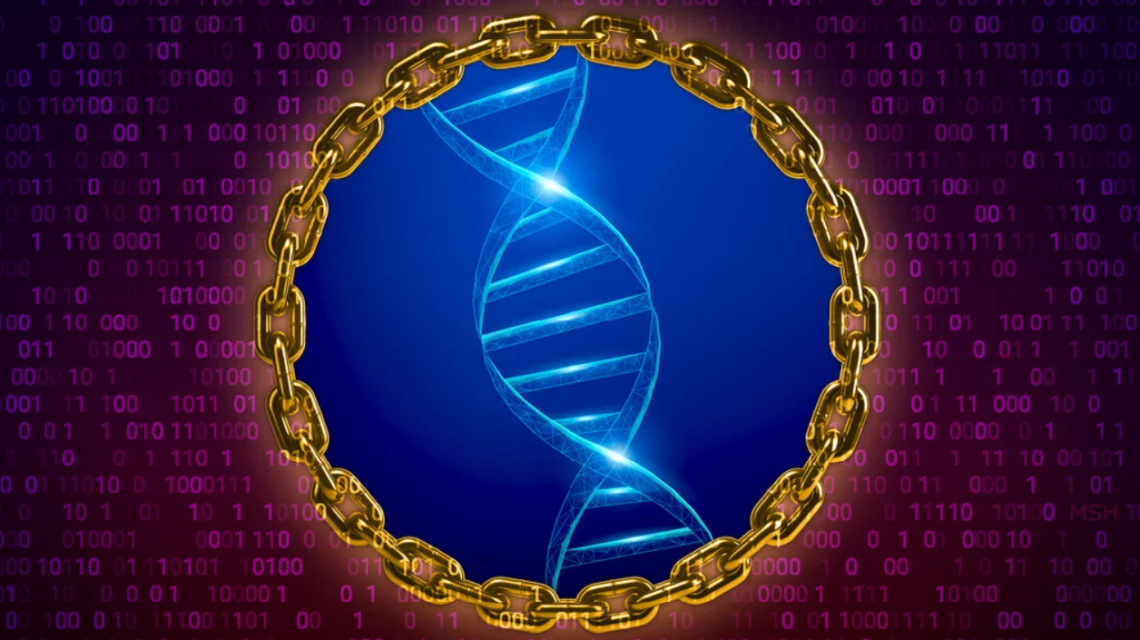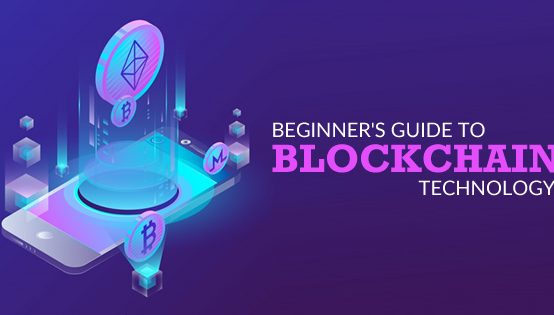With technology transforming everything around us, healthcare is no exception in the digital age. Bitcoin and genetics, often called a landmark development, are changing the way we care for people. This union brings with it huge potential to revolutionize healthcare, allowing people to manage their genetic data securely and even profit from it. Here’s how cryptocurrency is changing the healthcare landscape by giving individuals access to the power of their DNA, all with privacy and security guaranteed.
Cryptocurrency and Healthcare
The world of cryptocurrency, led by Bitcoin, has already seen a revolution. In addition to providing secure, decentralized, and transparent transactions, it eliminates intermediaries like banks from the equation. In healthcare, genetic data is now using it.
Ownership and Control of Genetic Data
The majority of genetic data is managed by healthcare institutions and research organizations. Individuals don’t have much control over how their genetic info is used, so they’re left in the dark about possible health discoveries. Blockchain technology and cryptocurrencies, however, now let people control their genetic data again. Keeping their privacy, they can share it securely with healthcare providers, researchers, or even monetize it.
In blockchain, the technology underlying cryptocurrencies, users can hold the keys to their genetic data in a decentralized and secure way. Blockchain ensures that data is tamper-proof and secure. It gives users unprecedented control over how, when, and where they share genetic information.
Monetizing Genetic Data
One of the most intriguing aspects of the cryptocurrency-genetics union is the potential to monetize genetic data. Individuals can choose to share their data in exchange for cryptocurrency rewards with researchers or pharmaceutical companies after giving informed consent and protecting their data. People get to contribute to science and get a paycheck for their unique genetic makeup this way.
By participating in research studies, individuals can not only drive innovation but also profit from it. This new incentive structure provides a tangible way for people to become stakeholders in the healthcare industry, giving them an active role in the development of treatments and therapies. This change represents a radical shift in the way we perceive healthcare, turning it into a more collaborative and decentralized system.
Challenges and Concerns
While the fusion of cryptocurrency and genetics holds tremendous promise, it also raises several important concerns.
Data Privacy and Security
Genetic data needs to be secured and privacy protected. Blockchain technology isn’t immune to breaches. Decoding FTX Exchange: Growth, Controversies, and Future Prospects in a landscape where individuals’ genetic information must be safeguarded from cyber threats and unauthorized access by healthcare companies.
Informed Consent and Ethical Considerations
Having genetic data monetized comes with complex ethical considerations. Individuals need to know how sharing their data will affect them and receive fair compensation. To protect the rights of people who participate in this new healthcare model, ethical guidelines and regulations need to be developed.
Data Quality and Accuracy
The success of this new healthcare paradigm depends on ensuring the quality of data contributed by individuals. It’s important to make sure genetic data is accurate and reliable. Information shouldn’t be spread inaccurately or misleadingly if mechanisms are set up for verification and validation.
The Future of Healthcare
Bitcoin and genetics are reshaping the healthcare landscape into a decentralized ecosystem where people are in control of their data.
Democratization of Healthcare
Genetic data democratizes healthcare because it gives people a stake in it and reduces power imbalances between patients and healthcare institutions. The shift to a patient-centered model may improve healthcare outcomes and provide better personalized treatment options.
Accelerated Research and Development
It’s possible to significantly speed up healthcare research and development if genetic data is available from willing participants. With a wider and more diverse pool of data, researchers and pharmaceutical companies could find better ways to understand diseases and treat them.
Improved Healthcare Access
With the help of cryptocurrency, healthcare can be accessed across borders. Patients and researchers can collaborate and share insights, resulting in better health outcomes globally.
Conclusion
Bitcoin and genetics are revolutionizing healthcare, since you get ownership of your genetic data and profit from it. With this partnership, healthcare is getting democratized, research and development is accelerating, and healthcare access is getting better. Our future in healthcare will be shaped by concerns about data privacy, ethics, and accuracy, so it’s important to address those issues. As aptly summarized in “Revolutionizing Healthcare: The Union of Cryptocurrency and Your DNA,” healthcare holds a lot of promise and challenges that we need to navigate responsibly and thoughtfully.

 A Beginner’s Guide to Blockchain Technology
A Beginner’s Guide to Blockchain Technology  Cryptocurrencies Uncovered in Cybercrime
Cryptocurrencies Uncovered in Cybercrime  Bitcoin Futures and Cryptocurrency Market Dynamics
Bitcoin Futures and Cryptocurrency Market Dynamics  Cryptocurrency: Digital Currency in Marshall Islands
Cryptocurrency: Digital Currency in Marshall Islands  Bitcoin’s Evolution: Five Investor Demographics
Bitcoin’s Evolution: Five Investor Demographics  Facebook: Cryptocurrency for a Digital Nation
Facebook: Cryptocurrency for a Digital Nation